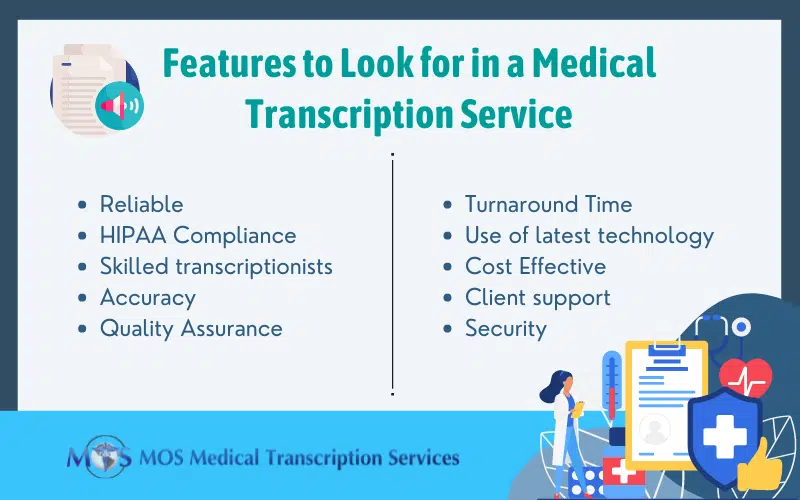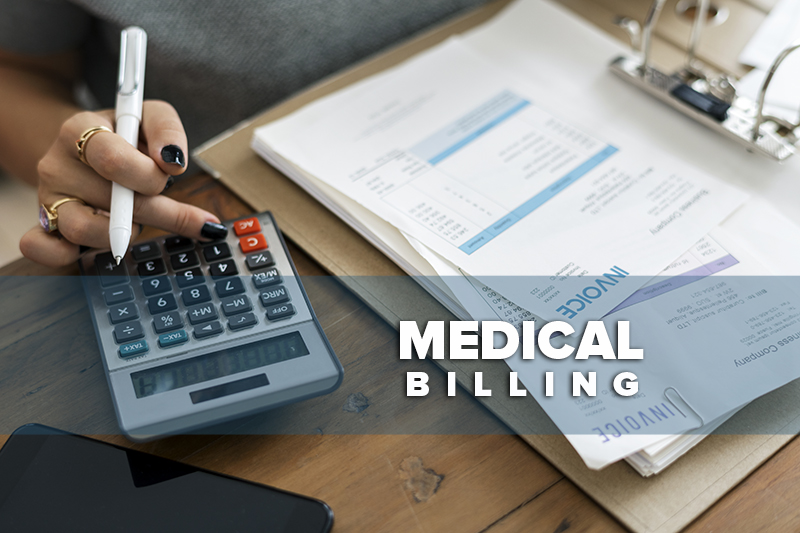
Comprehensive geriatric assessment is a collaborative diagnostic process that evaluates the medical, psychological, and functional capacities of older adults. Given the complex nature of their health conditions, effective geriatric assessment and care requires seamless coordination among the healthcare team, which would typically include a gerontologist/geriatrician, nurse gerontologist, occupational therapist, and specialists from various disciplines. Proper documentation of these assessments and care plans in the electronic health record (EHR) is crucial for the efficient management of their healthcare. Many geriatricians choose to outsource medical transcription to ensure accurate, compliant, organized, and accessible records. The support of a reliable medical transcription services company can enhance the quality and efficiency of geriatric documentation.
Key Components of Geriatric Assessment Documentation
Documentation guidelines for geriatric assessment and care are focused on enabling healthcare providers to create a comprehensive and well-coordinated treatment plan with long-term follow-up. This assessment considers multiple dimensions to ensure a thorough understanding of the individual’s needs for effective care management. The geriatric assessment plays a crucial role in various aspects of healthcare for older individuals. It assists in diagnosing medical conditions, developing treatment plans, coordinating care management, and evaluating long-term care requirements to determine the most suitable treatment for the patient. Comprehensive assessment helps clinicians provide appropriate and personalized care for the unique needs of geriatric patients.
Geriatric assessment documentation should include comprehensive information about the older adult’s medical, functional, cognitive, and psychosocial status.
The key components of geriatric assessment documentation are as follows:
- Medical history: It is important to thoroughly document an individual’s past medical history, including chronic conditions, previous surgeries, allergies, and medications. Additionally, information about current symptoms and any recent changes in health should be included. Attention to the medical history becomes particularly crucial when dealing with older adults, as their medical history tends to be more complex compared to younger patients, often requiring information to be gathered from various sources.
When assessing past medical history, clinicians should ask about conditions that used to be more prevalent in the past (e.g., rheumatic fever, poliomyelitis) and outdated treatments. It is also important to obtain information about the patient’s immunization history, including recent vaccinations, as well as any adverse reactions to immunizations. In cases where patients cannot recall specific details about their surgeries, efforts should be made to obtain surgical records. Systematic questioning techniques should be used to review each body area or system (known as a review of systems). This approach helps to identify other potential disorders and common problems that patients may have forgotten to mention.
- Physical examination: A thorough physical examination should be performed and documented, including vital signs, general appearance, cardiovascular assessment, respiratory assessment, neurological assessment, musculoskeletal assessment, vision, and any specific geriatric concerns. (e.g., gait, balance, mobility). As with the history, the approach to the physical exam should be specific to older persons. In particular, topics such as nutrition, vision, hearing, fecal and urinary continence, balance and fall prevention, osteoporosis, and polypharmacy should be noted.
- Neurological assessment: Neurological assessments for older adults involve a comprehensive evaluation of their nervous system function. Cognitive function, including orientation, memory, attention, and language skills, are assessed. Neurological assessment also includes cranial nerve assessment, motor function assessment, sensory function and reflex assessment, coordination and balance assessment, and gait assessment. Depending on the clinical presentation and suspected neurological condition, further assessments such as imaging studies (CT scan, MRI), electroencephalogram (EEG), or nerve conduction studies may be recommended. The assessment should be tailored to individual patient needs and any age-related changes in neurological function.
- Activities of Daily Living (ADLs) and Instrumental Activities of Daily Living (IADLs): ADL and IADL are two key divisions of functional ability. ADLs are self-care activities that a person performs daily (e.g., eating, dressing, bathing, transferring between the bed and a chair, using the toilet, controlling bladder and bowel functions). On the other hand, Instrumental Activities of Daily Living (IADLs) are activities necessary for independent living. These activities involve tasks such as housework, meal preparation, medication management, financial management, transportation, and using a telephone. It is crucial to document any limitations or assistance required by the individual in performing these activities, as it provides valuable information for evaluating their level of independence and assessing their care needs.
- Cognitive function: The possibility of dementia rises with age, but if present, the condition may go undiagnosed. Clinicians should evaluate cognitive abilities by obtaining a comprehensive history and conducting brief cognition screens using standardized tools. Any cognitive impairments, memory deficits, confusion, or signs of dementia should be noted. Making an early diagnosis allows for the identification of treatable conditions and the initiation of advance care planning while the person still has the capacity to actively participate in the process. If these initial assessments indicate cognitive impairment, more detailed exams may be required to assess medical conditions that could contribute to the impairment.
- Medication review: The clinician should conduct and document a thorough review of medications, including prescription, over-the-counter, and herbal supplements. Older adults often receive multiple prescriptions from different healthcare providers, increasing their vulnerability to drug-drug interactions and adverse drug events. The patient’s medications (prescription and non-prescription) should be reviewed during each visit. Discrepancies between the documented medications in the medical record and what the patient is actually taking need to be resolved. Additionally, healthcare providers should inquire about alternative medical therapies that elderly patients may be using. By taking these comprehensive steps and documenting medication usage correctly, including any adverse reactions, clinicians can minimize the risks associated with polypharmacy and enhance medication safety for elderly patients.
- Nutrition: A nutritional assessment is important as older individuals commonly experience inadequate intake of micronutrients. Moreover, certain age-related medical conditions can increase the risk of vitamin and mineral deficiencies. The documentation should include the individual’s nutritional status, dietary habits, and any concerns related to appetite, weight loss, malnutrition, or swallowing difficulties.
- Mental health and depression: The documentation should include an assessment of the individual’s mental health status, including screening for symptoms of depression, anxiety, and other psychiatric conditions. Include any history of psychiatric diagnoses or treatments. To screen for depression in adults, the US Preventive Services Task Force (USPSTF) recommends implementing systems of care. There are various validated screening instruments available (e.g., Geriatric Depression Scale and the Hamilton Depression Scale).
- Social and support systems: Information about the individual’s living situation, social support networks, and caregiver availability should be documented, including any concerns regarding isolation, loneliness, or potential abuse/neglect, identified.
- Advanced care planning: The documentation should include discussions on the individual’s preferences for end-of-life care, including advance directives, living wills, and durable power of attorney for healthcare.
- Recommendations and interventions: Based on the assessment findings, the clinician should document recommendations for further diagnostic tests, referrals to specialists, medication adjustments, supportive services, and interventions to optimize the individual’s overall well-being.
Therefore, the comprehensive geriatric assessment extensively examines functional and cognitive capacities, social support, and environmental aspects, alongside physical and mental well-being. According to a report published by msdmanuals.com, conducting a thorough assessment and documenting its findings can provide many benefits, including:
- Enhanced care and improved clinical outcomes
- Greater diagnostic accuracy
- Improved functional abilities and mental well-being
- Decreased mortality rates
- Decreased reliance on nursing homes and acute care hospitals
- Increased satisfaction with the provided care
Documentation of geriatric assessment and care should be detailed and accurate, and reflect the individual’s unique circumstances. By accurately converting spoken or dictated medical information into written text, a medical transcription company can play a crucial role in geriatric documentation. Experienced medical transcriptionists can ensure accurate and timely documentation of documenting comprehensive geriatric care assessments, treatment plans, progress notes, and other important healthcare records. Geriatrics transcription service can improve the overall quality of geriatric healthcare by supporting effective documentation, communication, compliance with regulatory requirements, confidentiality, and continuity of care.


